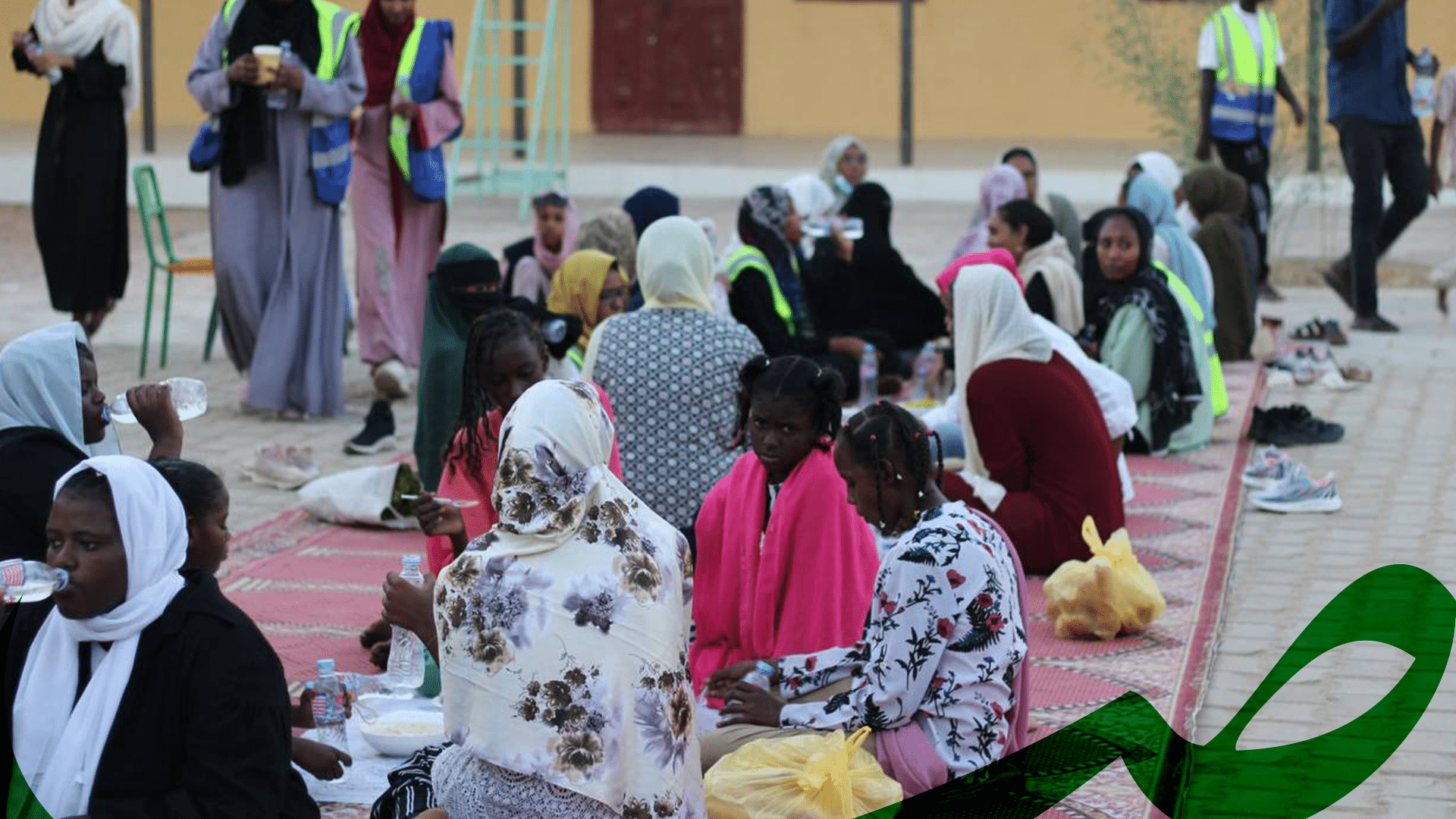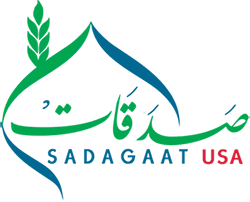Introduction
Enhancing social welfare in Sudan is not just about providing aid; it’s about creating sustainable, long-term solutions that improve the lives of the most vulnerable populations. At Sadagaat-USA, we are dedicated to addressing the multifaceted challenges faced by Sudanese citizens through comprehensive social welfare initiatives. Our goal is to create a foundation for lasting change, ensuring that every individual has access to the resources and opportunities they need to thrive.
The Socioeconomic Challenges in Sudan
The Landscape of Poverty and Inequality
Sudan’s social welfare landscape is characterized by several key challenges. One of the most pressing issues is the high poverty rate, which affects over 50% of the population. There are significant disparities between urban and rural areas, as well as between different regions and socioeconomic groups. This inequality is a major barrier to social and economic development. For more details, you can check the World Bank’s overview of Sudan.
Limited Access to Essential Services
Many Sudanese, especially those in remote and conflict-affected areas, lack access to quality healthcare and educational opportunities. This lack of access exacerbates the cycle of poverty and limits individuals’ potential to improve their circumstances. Learn more from UNICEF’s report on education in Sudan.
Weak Social Protection Systems
Sudan’s social protection programs, such as cash transfers and social insurance, have limited coverage and face significant implementation challenges. These weaknesses hinder the effective delivery of services to those who need them most. For a detailed analysis, refer to the IPC-IG report.
The Impact of Conflict and Displacement
Ongoing conflicts and political instability have led to large-scale displacement, disrupting access to basic services and exacerbating social welfare needs. The displaced populations often face severe hardships, including lack of shelter, food, and healthcare. For more information, visit the Internal Displacement Monitoring Centre.
Inadequate Funding and Institutional Capacity
Insufficient government funding and limited institutional capacity within social welfare agencies further hinder the effective delivery of services. These limitations make it difficult to implement and sustain comprehensive social welfare programs. For further details, see the UNDP’s report on Sudan.
Key Social Welfare Initiatives in Sudan
The Shamel Program
The Shamel program is a comprehensive social protection initiative launched in 2016. It includes cash transfers, health insurance, and livelihood support, aiming to provide a safety net for the most vulnerable populations. This program is a critical step towards building a more inclusive social protection system.
The National Zakat Fund
The National Zakat Fund is a faith-based social welfare program that provides cash and in-kind assistance to low-income households. This program leverages religious giving to support social welfare efforts, demonstrating the power of community-based solutions.
The National Health Insurance Fund
The National Health Insurance Fund aims to improve access to healthcare services for all Sudanese citizens. By providing affordable health insurance, this initiative seeks to reduce the financial barriers to healthcare access.
Community-Based Social Welfare Programs
Various NGO and community-led initiatives provide essential services such as education, healthcare, and income support at the local level. These programs are tailored to the specific needs of the communities they serve, ensuring that resources are used effectively and efficiently.
Capacity-Building and Policy Reform
Efforts by the government and international partners focus on strengthening the institutional capacity of social welfare agencies and developing more comprehensive social protection policies. These initiatives aim to create a more robust and sustainable social welfare system. Learn more about these efforts from the ILO.
Strategies to Improve Social Welfare Initiatives
Strengthening Targeting and Coverage
Improving the identification and enrollment of the most vulnerable populations is crucial to ensure equitable access to social welfare programs. By using data-driven approaches, we can better understand who needs help and how best to deliver it.
Enhancing Program Design and Delivery
Adopting evidence-based, user-centric approaches to program design and implementation is key. This involves creating programs that are responsive to local needs and sustainable in the long term. For insights into effective strategies, see the World Bank’s recommendations.
Improving Coordination and Integration
Fostering collaboration between different government agencies, NGOs, and community-based organizations can create a more cohesive and comprehensive social welfare system. By working together, these entities can leverage their unique strengths and resources.
Increasing Funding and Resource Allocation
Advocating for greater government investment in social welfare programs and exploring innovative financing mechanisms, such as public-private partnerships, can provide the necessary resources to expand and sustain these initiatives.
Strengthening Monitoring and Evaluation
Developing robust data collection and analysis systems is essential for tracking program outcomes, identifying areas for improvement, and informing policy decisions. This ensures that social welfare initiatives are effective and efficient. For detailed insights, visit the UNICEF report.
The Role of Sadagaat-USA in Enhancing Social Welfare
Comprehensive Educational Programs
At Sadagaat-USA, we are committed to providing quality education to underserved communities in Sudan. Our programs focus on empowering individuals with the knowledge and skills they need to succeed, breaking the cycle of poverty.
Accessible Healthcare Services
We prioritize healthcare, ensuring that communities have access to essential medical services. Our healthcare initiatives address both immediate needs and long-term health outcomes, improving the overall well-being of the population.
Community-Centered Approach
Our community-centered approach ensures that our programs are tailored to the unique needs of the populations we serve. By working closely with local leaders and organizations, we create sustainable, impactful solutions.
Alignment with Sustainable Development Goals
Sadagaat-USA aligns its efforts with the United Nations Sustainable Development Goals, particularly those related to health and education. Our commitment to these global goals underscores our dedication to creating a better future for all.
How You Can Help
Donate
Your donations make a significant difference in the lives of individuals and communities in Sudan. By contributing to Sadagaat-USA, you support our educational and healthcare initiatives, helping us create lasting change.
Volunteer
Volunteering your time and expertise is another powerful way to support our mission. Whether you are a healthcare professional, educator, or have other skills, your contribution is invaluable.
Spread the Word
Raising awareness about our work helps us reach more people and expand our impact. Share our mission with your network and encourage others to get involved.
Partner with Us
We welcome partnerships with other organizations, businesses, and individuals who share our vision. Together, we can amplify our efforts and achieve greater results.
Conclusion
Enhancing social welfare in Sudan is a complex and multifaceted challenge that requires a comprehensive, collaborative approach. By addressing the key questions and concerns outlined in this blog post, policymakers, practitioners, and the public can work together to develop and implement effective social welfare initiatives that improve the lives of Sudanese citizens, particularly the most vulnerable. As progress is made, it will be essential to continue exploring new strategies, learning from successes and failures, and adapting to the evolving needs of the Sudanese people.













